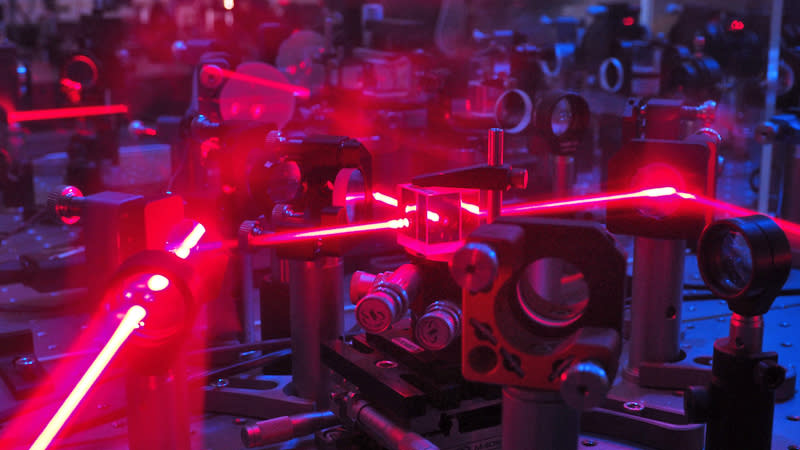UniversityOfVienna
Latest

AI made quantum experimentation easier for our feeble brains
Is the cat in the box alive, dead or... alive-dead? Questions like the one posed by the Schroedinger's Cat thought experiment have vexed mere mortals for far too long, and the scientific community knows that quantum mechanics is pretty tough to wrap our human brains around. So, a group of researchers at the University of Vienna developed an algorithm to help speed the quantum experimentation process along and make it altogether easier, according to APS Physics. It's dubbed Melvin and it was used in a quantum optics experiment to arrange mirrors and beam splitters to make quantum-entangled photons. Photons in Greenberger-Horne-Zeilinger states, specifically.

University of Vienna researchers quantum leap into the cloud, ensure privacy for distributed computing
Afraid of the cloud? You're not alone, as rising concerns surrounding the security of distributed computing have led University of Vienna researchers to seek out quantum mechanics as a privacy fix. The team's findings, soon to be published in the journal Science, prove that an end user's data can remain encrypted throughout its journey to and from remote servers, essentially rendering the quantum computer's calculations as "blind." So, how exactly does this evasive entanglement work? Qubits (or quantum bits) containing the pertinent information are transmitted to a central facility where they're processed according to a specific set of measurements, leaving the resultant computations readable only by the original user. Not obtuse enough for you? Then check out the source below for a more detailed walkthrough.

